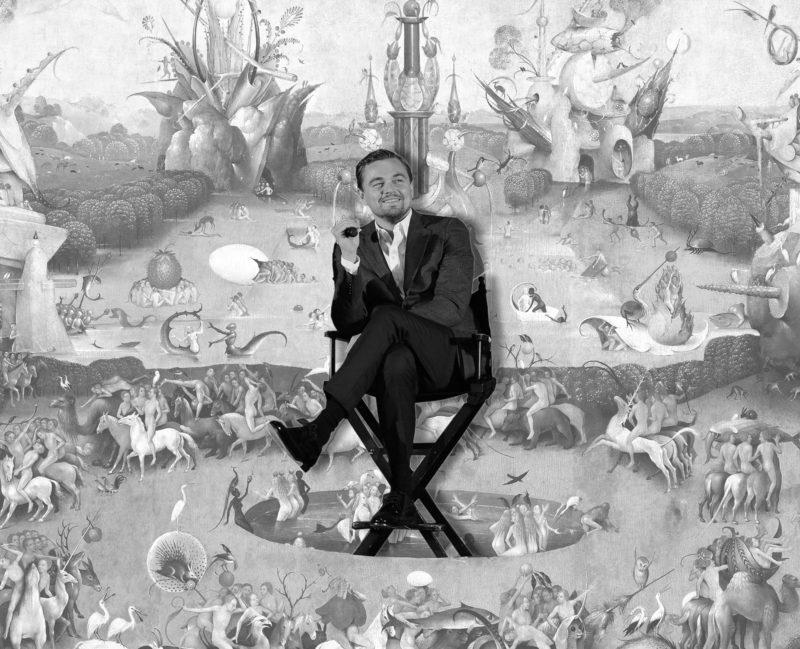Leonardo DiCaprio’s latest film, the “Before the Flood,” attempts to rejuvenate the discussion of climate change among popular audiences by documenting DiCaprio’s own work to reduce the effects of climate change.
I recently had the chance to spend an hour and a half of my time watching the free-to-view National Geographic documentary. It opens with a DiCaprio narration describing Hieronymus Bosch’s painting “The Garden of Earthly Delights.” Throughout the course of the film, DiCaprio looks back at the painting that he has known since he was a child and uses it to help himself comprehend the direness of climate change. With a Christian influence, the painting illustrates three phases of humanity, a paradise before sin, the current world we live in and the ugly, disastrous future.
In the documentary, DiCaprio cuts in and out between himself as the narration talking about the painting’s relevance and the reality of the effects climate change has had on different parts of the world. There are other moments in which he meets with various people who have connections to climate change, either because they are leading efforts to combat it or because they represent the people who have suffered the consequences of it.
It seemed weird to me that DiCaprio was making this movie, and, to a degree, it still is. But as mentioned in the movie, DiCaprio is a United Nations Messenger of Peace with a “special focus on climate change,” which gives him some authority as a contributor to the endeavors to reduce and prevent further problems within Earth’s environmental systems. Because of his role as Messenger, in the movie he is shown speaking at the UN Paris Climate Change Conference last December.
While he commends the resolutions and agreements made at the conference, DiCaprio worries that even if every country involved fulfills their promises, there will still be more to do. Climate change is presented in the film, as it usually, as connected to energy use. According to DiCaprio (and presumably his sources), the main underlying problem is that fossil fuels are emitting higher amounts of carbon dioxide into Earth’s systems than recent years have seen (relative to the age of the Earth).
One of the best solutions to solving this issue, according to the documentary, is to impose a carbon tax so that the use of fossil fuels decrease in light of higher costs, effectively increasing investments and uses of cleaner energy sources. Yet, this raises another issue, that unfortunately inefficient process which is the law-making process. With people and businesses like the Koch brothers to lobby and fund representatives, it is almost impossible for the evidence supporting climate change to move politicians in a common direction for any real change.
As an Arts and Entertainment writer, documentaries like “Before the Flood” are the only ways I have to discussing climate change.
So I can’t delve into the policies countries have set on climate change or the relationships governments have with the fossil fuel industry.
Still, DiCaprio’s film, though it may not be the most critically acclaimed work, brings about questions of international concern to everyone’s attention, if only slightly to remind them of how big a deal climate change is.







